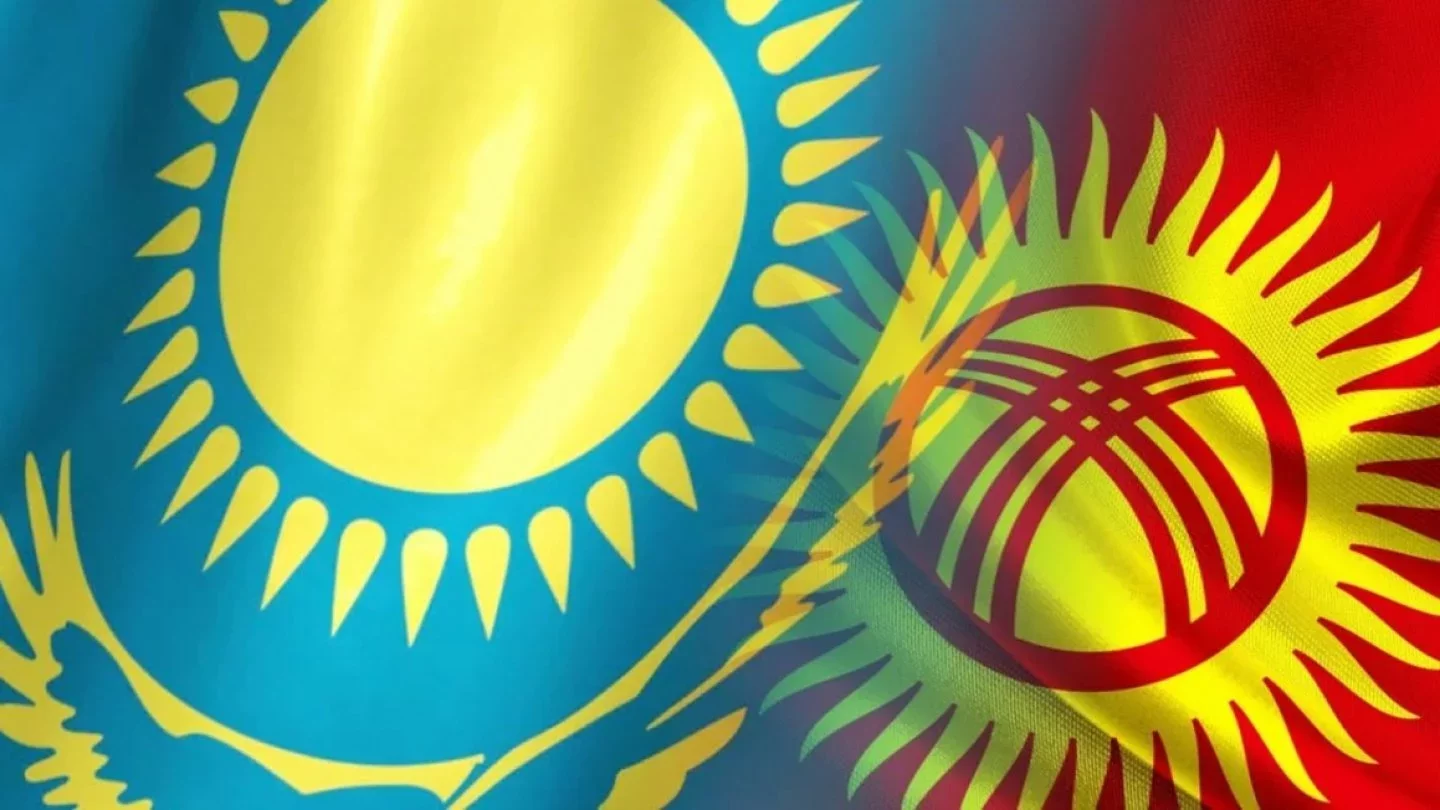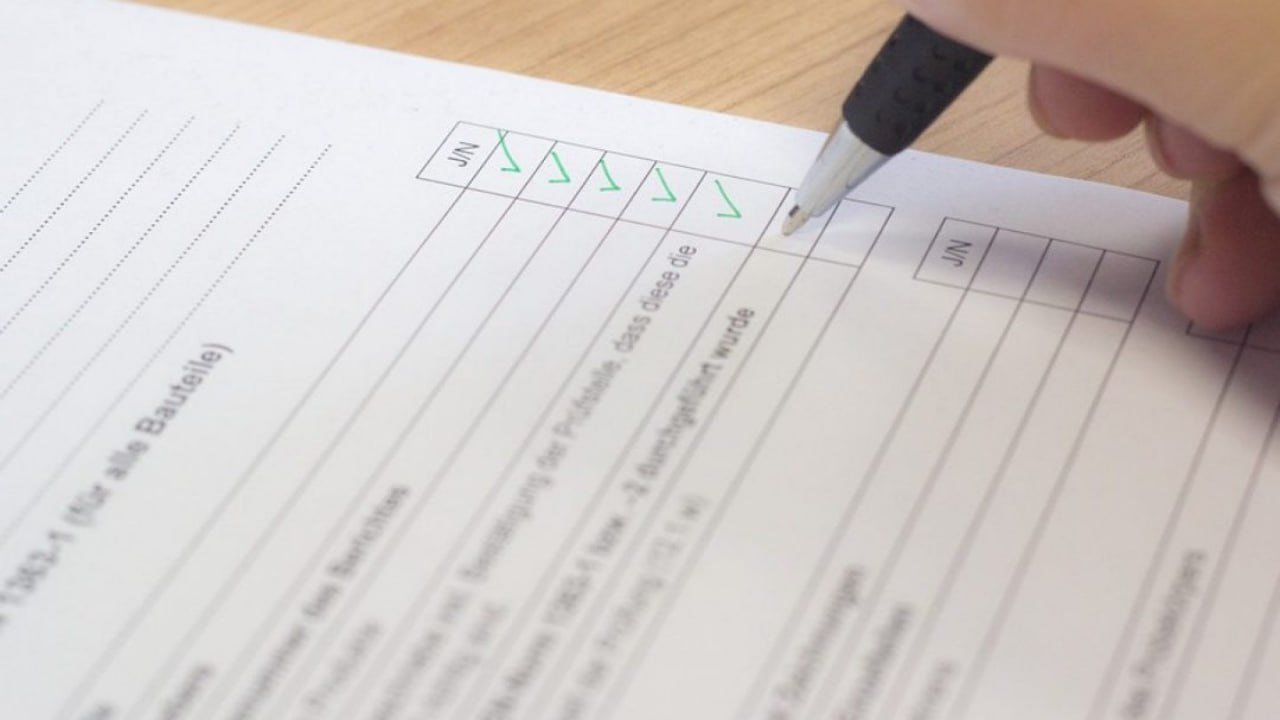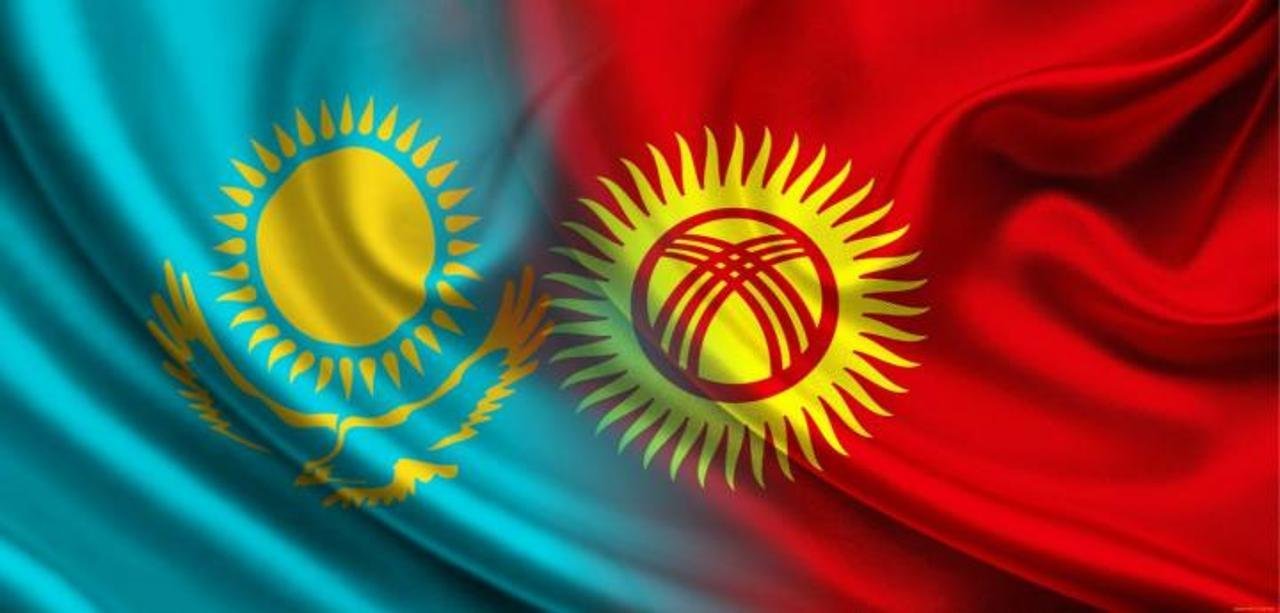Kazakhstan and Kyrgyzstan on Verge of Trade War?
 Photo: gov.kz
Photo: gov.kz
Kazakhstan intends to introduce a ban on the circulation of products certified or licensed in Kyrgyzstan starting on July 1. Orda has looked into the matter.
A Grey Area
The Ministry of Trade and Integration of the Republic of Kazakhstan sees licenses and certificates issued by Kyrgyz laboratories as problematic. The technical regulation committee noted that licenses are often issued with violations in Kyrgyzstan. Kyrgyz legislation also does not provide for liability for issuing "grey" certificates.
The draft resolution on restrictions on the import of products licensed in Kyrgyzstan is currently being discussed on the Open NPAs portal. Its explanatory note highlights that out of 109,458 documents issued in Kyrgyzstan in 2022, 41,623 were issued to Kazakhstani applicants. In 2023, applicants from Kazakhstan received 59,677 documents in Kyrgyzstan.

In other words, about 40% of licenses in Kyrgyzstan are obtained by Kazakhstani firms. In many cases, they are the so-called "grey" certificates. More than 300 "grey" certificates issued in Kyrgyzstan were revoked in 2023 alone.
Ads for the sale of declarations/certificates are posted on the Internet (issued through the country's authorities) in a short period (one to two days) from 10 thousand tenge without testing, formal registration, and entry of data into the register, the explanatory note to the draft resolution says.
This thereby provides a loophole for businesses wishing to produce low-quality products, sell them with "gray" licenses, and not be responsible for it.
"We Need to Put Things in Order"
The issue with these certificates is not new. Back in 2022, Majilis deputy Dyusenbay Turganov drew attention to it, pointing out that a set of urgent measures should be taken.
There are several reasons for this. On the one hand, there are many proposals from foreign certification bodies to issue such documents as soon as possible, without conducting tests and other mandatory procedures. On the other hand, the lack of proper monitoring of "grey" foreign certificates and state supervision, the premature transition to digital certification before its legal settlement at the EAEU level, Dyusenbay Turganov said.
Almost a year and a half has passed since, but measures have not been taken, and the issue remains unsolved.

Kazakhstani political scientist and director of the Institute of Eurasian Integration, Urazgali Selteyev, says that Kazakhstan seeing Kyrgyz licensing laboratories as problematic is fair:
The grievances from the Kazakh side are justified since Kyrgyzstan truly needs to put things in order with the issuance of certificates in terms of compliance with the quality of the necessary tests. Perhaps there is also a corruption factor in such processes, taking into account the information provided by our Ministry of Trade on the frequency and dynamics with which these certificates are issued in Kyrgyzstan. In general, of course, this is an issue that should be settled, including by the Eurasian Economic Commission (EEC) as the executive and regulatory body for the functioning of the EAEU.
How Kyrgyzstan, interested in marketing its products, could react to such actions remains a potential point of contention. Some telegram channels have already suggested that the ban on the sale of products licensed in the Kyrgyz Republic is allegedly related to Kazakhstan's intention to expand trade with other countries. Kyrgyz farmers, who actively supply their goods to Kazakhstan, are also alarmed by the prospect of trade restrictions.
Don't Jump The Gun
Kazakh government agencies' grievances over the goods licensed in Kyrgyzstan are unlikely to worsen relations between the two countries and will not lead to an economic conflict, political analyst Urazgali Selteyev believes:
Regarding the supposed political underlying reason, it is unlikely that it will take place in an aggravated form. We had different situations with Kyrgyzstan, including compliance with phytosanitary standards, but they all ended in a specific settlement. It should be understood that first of all Bishkek should be interested in resolving this problem in a positive way.
Kyrgyzstan's government agencies have already made it clear that they are determined to solve the problem together with their Kazakh colleagues. Minister of Economy and Commerce of Kyrgyzstan Daniyar Amangeldiev told 24.kg that the countries have developed and adopted a joint plan for technical regulation.
Now Bishkek is working to strengthen the licensing process and conduct it only through a single authorized body - Kyrgyzstandart. This should reduce unscrupulous laboratories issuing "grey" certificates.

Meanwhile, Daniyar Amangeldiev urges Kazakhstan not to put into force the decree restricting the import of goods licensed in the Kyrgyz Republic:
It won't lead to anything good. Businesses in both countries will suffer. In addition, this draft resolution may be regarded as an obstacle with signs of a barrier.
According to political scientist Urazgali Selteyev, Kazakhstan and Kyrgyzstan are quite capable of resolving the current situation sensibly and jointly putting an end to the "grey" certification:
We need to resolve this issue constructively, including without emotional attacks in the public field. There is little information about this, but it seems that there is already a joint plan of measures on both sides to combat unscrupulous subjects of accreditation. Why is Astana presenting these grievances? Simply because they want Bishkek to put things in order in this area. Everyone needs high-quality and safe products.
Original Author: Nikita Drobny
DISCLAIMER: This is a translated piece. The text has been modified, the content is the same. Please refer to the original piece in Russian for accuracy.
Latest news
- Kazakhstan Lifts Gallium Export Duty
- Chinese Firm Proposes to Fund New Port and Logistics Hub in Mangystau Region
- ForteBank Stock Soars on Home Credit Deal, Then Plunges 30% in a Day
- Coins Believed to Be Tied to Kairat Satybaldyulyuly to Be Auctioned
- Ukraine’s Military Intelligence Chief Says Ceasefire Should Come Before Year’s End
- Kyrgyz Citizen Fined in Kazakhstan for Carrying Banned Book Across Border
- Trial of Former Financial Police Officers in Khorgos Case No. 1 Closed to Public Over State Secrets
- Kazakhstan to Ban Outdoor Currency Rate Displays at Exchange Offices Starting September
- Armenian Court Orders One-Month Detention for Tashir Pizza Executive Amid Ongoing Investigation
- Kazakhstan May Require Banks to Offer Deferrals to Socially Vulnerable Borrowers
- Almaty Utility Pursues Debt Collection for Unpaid Heating and Hot Water Bills
- Kazakhstan and Afghanistan Sign Railway Memorandum
- Kazakhstan's National Bank Keeps Interest Rate at 16.5%, No Cuts Expected Until 2026
- Vyacheslav Kim Finalizes Purchase of Alatau City Bank
- Wild Arman Associate Detained in UAE Over Alleged Role in Qantar Riots
- Ulytau Region Akim Sues Woman for 495,000 Tenge Over TikTok Video
- Ukrainian Entrepreneurs Move to Buy BTA Bank from Kazakh Businessman Kenes Rakishev
- Kazakhstan’s Foreign Debt Hits 170.5 Billion USD in Q1 2025
- Regulator Flags Pricing Issues in Yandex Go Audit, Company Ordered to Adjust Policies
- Azattyq Prepares Lawsuit Against Kazakh Foreign Ministry Over Denied Press Accreditations

